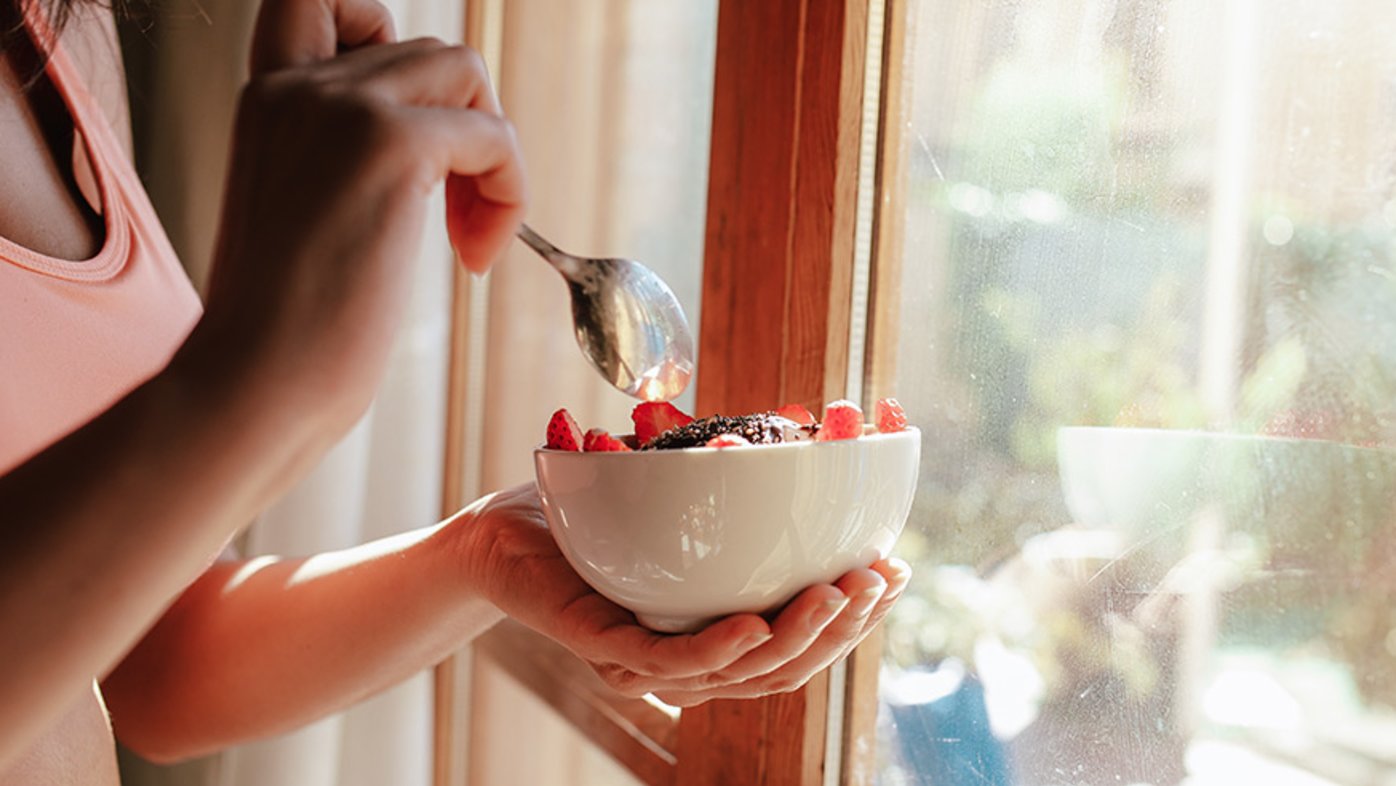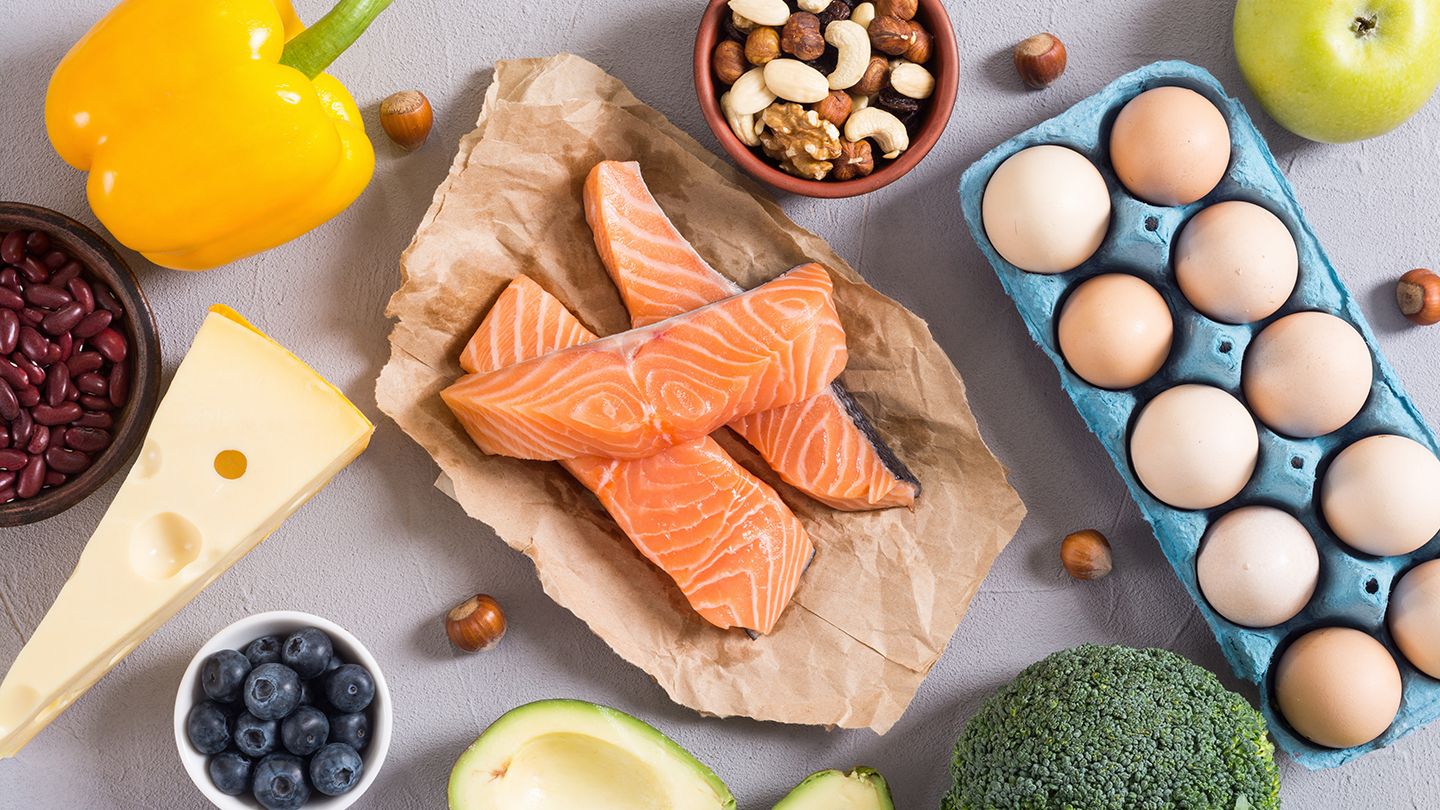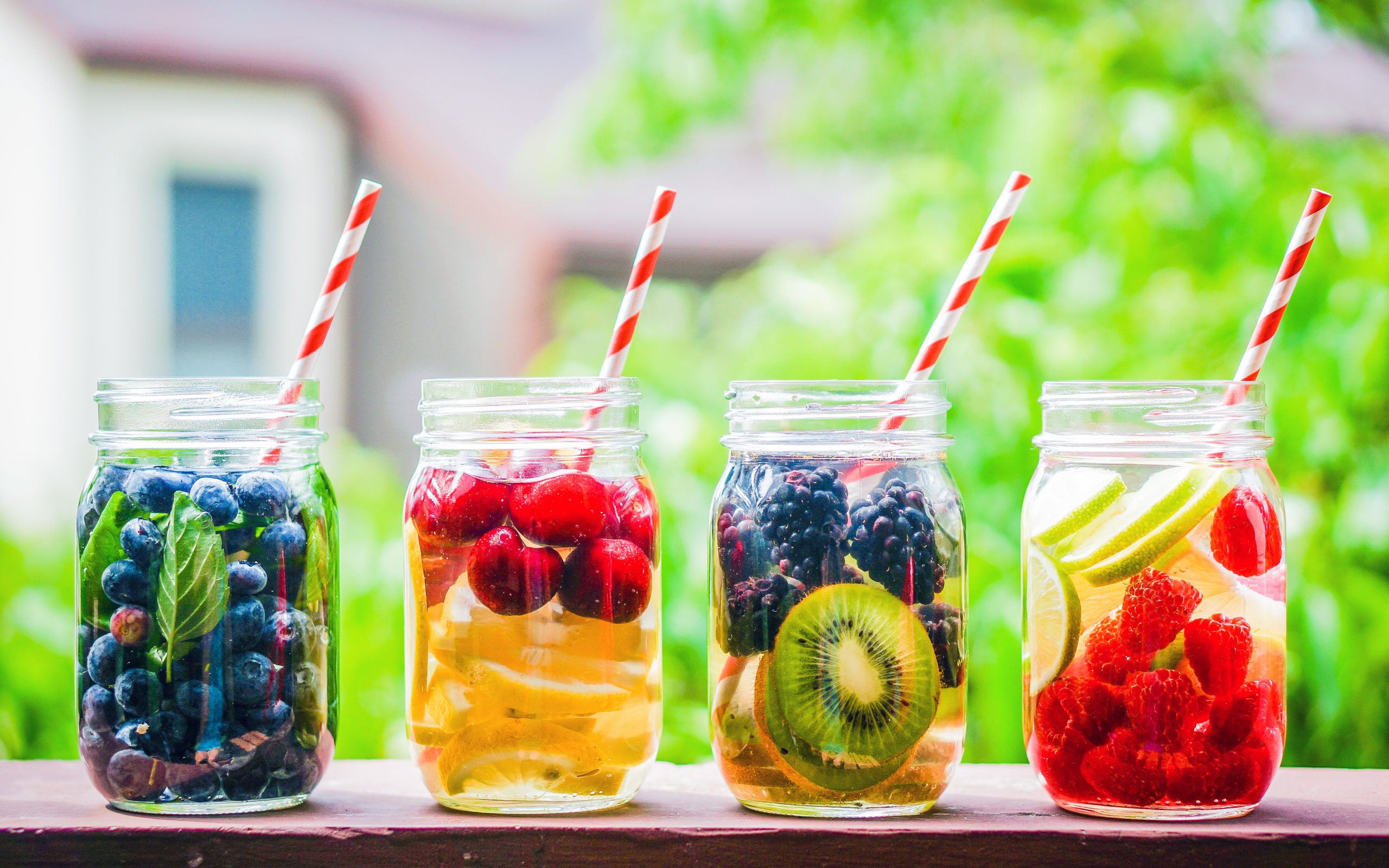Breakfast is often hailed as the most important meal of the day, setting the tone for your energy levels and overall well-being. While making healthy choices for breakfast is crucial, it’s equally important to be mindful of foods that may hinder your health goals. In this exploration, we’ll delve into 10 foods you should consider avoiding in your breakfast to ensure a nutritious and energizing start to your day.
1. Sugary Cereals
While cereals may seem like a convenient breakfast option, many commercially available options are laden with sugar. Starting your day with a bowl of sugary cereal can lead to a rapid spike in blood sugar levels, followed by a crash. Instead, opt for whole-grain cereals with minimal added sugar or choose oatmeal topped with fresh fruits for a healthier alternative.
2. Flavored Yogurts
Flavored yogurts often contain high levels of added sugars and artificial flavorings. These sugars can contribute to excessive calorie intake and may not provide the sustained energy you need throughout the morning. Choose plain, Greek, or natural yogurts and add your own fresh fruits or a drizzle of honey for sweetness without the drawbacks of added sugars.
3. Pastries and Danishes
Pastries and danishes, though tempting, are typically high in refined carbohydrates, sugars, and unhealthy fats. These ingredients can lead to a rapid increase in blood sugar levels and may leave you feeling sluggish later in the day. Instead, opt for whole-grain toast or a whole wheat English muffin paired with a protein-rich topping like peanut butter or eggs.
4. Breakfast Bars High in Sugar
While breakfast bars can be a convenient on-the-go option, many commercially available bars are loaded with sugars and preservatives. Always check the nutrition labels and opt for bars with minimal added sugars and whole, recognizable ingredients. Better yet, prepare homemade energy bars with oats, nuts, seeds, and dried fruits for a healthier alternative.
5. Fruit Juices
Despite their association with health, many fruit juices available in the market are high in added sugars and lack the fiber present in whole fruits. Consuming fruit juices can lead to a rapid rise in blood sugar levels without the satiety that fiber provides. Choose whole fruits or blend them into a smoothie to retain the beneficial fiber content.
6. White Bread and Bagels
White bread and bagels made from refined flour lack the fiber and nutrients found in whole-grain options. Consuming these refined carbohydrates can lead to a quick spike in blood sugar levels and leave you feeling hungry shortly after eating. Opt for whole-grain bread or bagels to provide sustained energy and improved nutritional content.
7. Processed Meats
While a breakfast sandwich might seem like a quick and satisfying option, processed meats like bacon, sausage, and ham are often high in sodium, saturated fats, and additives. Excessive consumption of processed meats has been linked to health issues. Choose lean protein sources like turkey or plant-based alternatives for a healthier breakfast option.
8. Commercial Smoothies
Pre-packaged or store-bought smoothies can be deceivingly high in sugars, often from added syrups, fruit concentrates, or sweetened yogurts. Instead, prepare your smoothies at home using fresh or frozen fruits, leafy greens, and a protein source like Greek yogurt or a plant-based protein powder. This way, you have control over the ingredients and can ensure a healthier blend.
9. Pancakes and Waffles with Syrup
Traditional pancakes and waffles made with refined flour and topped with sugary syrups can lead to a rapid increase in blood sugar levels. Consider opting for whole-grain variations or explore alternative flours like almond or oat flour. Instead of sugary syrups, top them with fresh fruits, a dollop of Greek yogurt, or a drizzle of natural honey.
10. High-Sugar Spreads and Jams
While spreading jam on your toast might seem harmless, many commercial jams are high in added sugars. Opt for natural fruit spreads or make your own with minimal added sweeteners. Nut butters like almond or peanut butter can be a healthier and more satisfying option for your morning toast.
Conclusion
Breakfast is an opportunity to nourish your body and kickstart your metabolism for the day ahead. Choosing foods wisely can contribute to sustained energy levels, improved concentration, and overall well-being. By avoiding sugary cereals, flavored yogurts, pastries, high-sugar breakfast bars, fruit juices, white bread, processed meats, commercial smoothies, pancakes with syrup, and high-sugar spreads, you pave the way for a healthier breakfast routine. Instead, focus on whole, nutrient-dense foods that provide essential vitamins, minerals, and sustained energy to fuel your day. Remember, small changes in your breakfast choices can have a significant impact on your long-term health and well-being.





